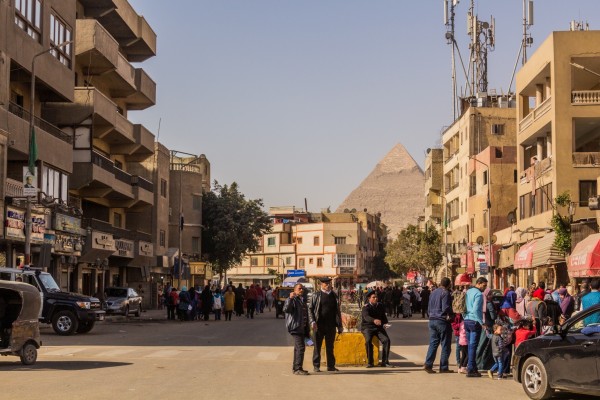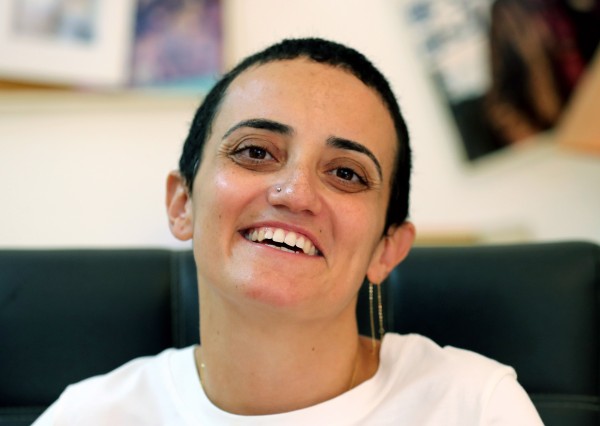Egyptian security forces and the Muslim Brotherhood opposition have targeted foreign journalists with harassment and detention since the military-backed government moved to crush protests, media workers have told the International Press Institute.
One Egyptian journalist described a “vigilante” environment in the country where loyalists on both sides of the political divide were targeting news workers, especially foreigners. “The xenophobia is at its height,” Mohannad Sabry, an independent journalist in Cairo, told IPI today.
Several foreign media organisations have reported that journalists have been detained by the police without cause, harassed by protesters and had equipment seized or destroyed.
At the weekend, the Cairo correspondent for Turkish state broadcaster TRT, Metin Turan, and Anatolian Agency’s correspondent Hiba Zekeriye were among those arrested at a mosque near Cairo’s Ramses Square.
Hassan Saeed Elmogummer Taha, a news producer for Qatar-based Al Jazeera, told IPI today that two of its employees – correspondent Abdullah Alshami and news producer Mohammed Daver – were being held by the police without explanation. The news organisation’s offices in central Cairo have been surrounded by the police for a second week, he said.
Sebastian Backhaus, a German freelance photojournalist, was jailed for 20 hours under “awful conditions” for violating a curfew and not having a journalists’ permit. Backhaus told IPI from Cairo that he was also arrested for wearing a bullet-proof vest and gas mask while taking photos during a government crackdown on forces loyal to the deposed president Mohamed Morsi that began on August 14. He was told his protective gear was illegal.
Media workers say journalists have become an easy target for both sides in the politically tense environment in Egypt, where more than 800 civilians and security forces have died in the last five days. Foreign journalists in particular have become popular targets because of their perceived bias in the country’s sectarian rift, sources say.
“We condemn the appalling loss of life in Egypt and urge the return of calm in the country,” said Anthony Mills, IPI director of communications and public relations. “At the same time, the deliberate targeting of journalists is senseless and we urge both the Egyptian government and the leaders of the opposition forces to end the harassment, detention or violence towards journalists.
“Journalists, no matter their national origin, must not be held as proxies for the policies of their governments,” Mills said.
At least four journalists were killed during the violent crackdown on forces loyal to deposed president Mohamed Morsi that began on August 14. The deaths come on top of reports that dozens of journalists have been wounded covering clashes between security forces and protesters loyal to Morsi.
IPI condemned the violence and urged the government and the Muslim Brotherhood to call on their supporters to stop targeting foreign journalists.
The deaths make Egypt among the world’s most deadly places for media workers after Syria and Somalia.
Salah Eddin Hassan, who worked for the Shaab Misr newspaper, was killed on June 28, when an unidentified person threw a home-made explosive device into a crowd of protesters, a security official and witnesses said.
Those killed on August 14 were:
· Michael Deane, a cameraman for Britain’s Sky News, was shot dead while covering a police crackdown in Cairo;
· Habiba Ahmed Abd Elaziz, an Egyptian journalist, was killed by gunfire in Rabaa al-Adawiya Square;
· Mosab el-Shami, a photojournalist for Rassad News, died of gunshot wounds in Cairo;
· Ahmed Abdel Gawad, a reporter for the Al Akhbar newspaper, was killed at Rabaa, The Associated Press reported.
The Gulf News in the United Arab Emirates reported that Habiba Ahmed Abd Elaziz, a reporter for its sister publication the Xpress, was shot and killed on August 14 in Cairo, though the newspaper said she was on a personal visit to Egypt at the time.


